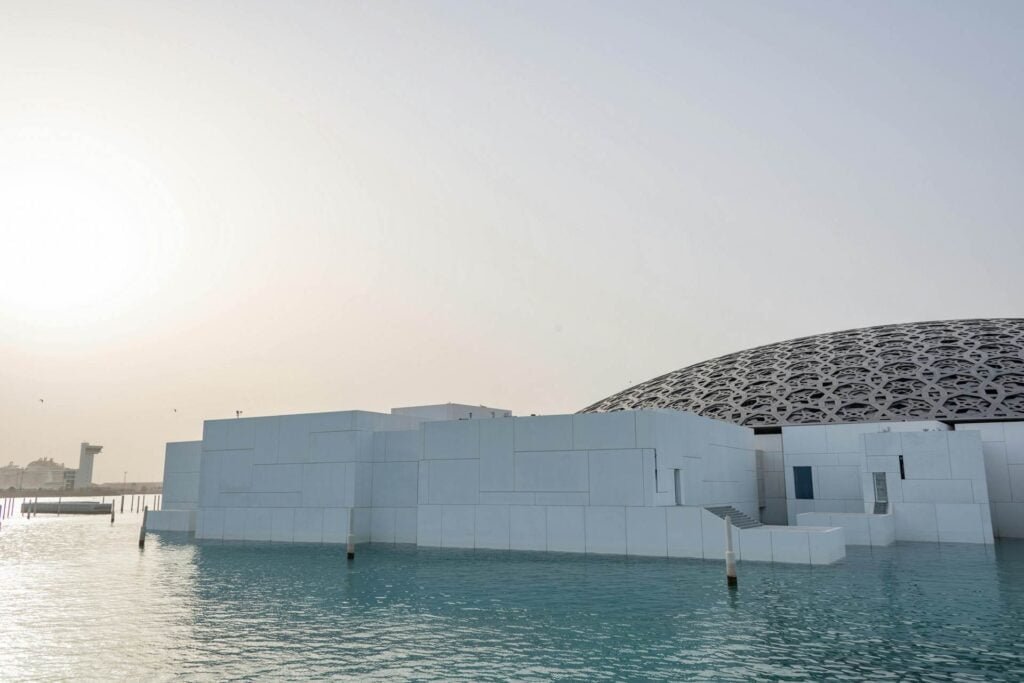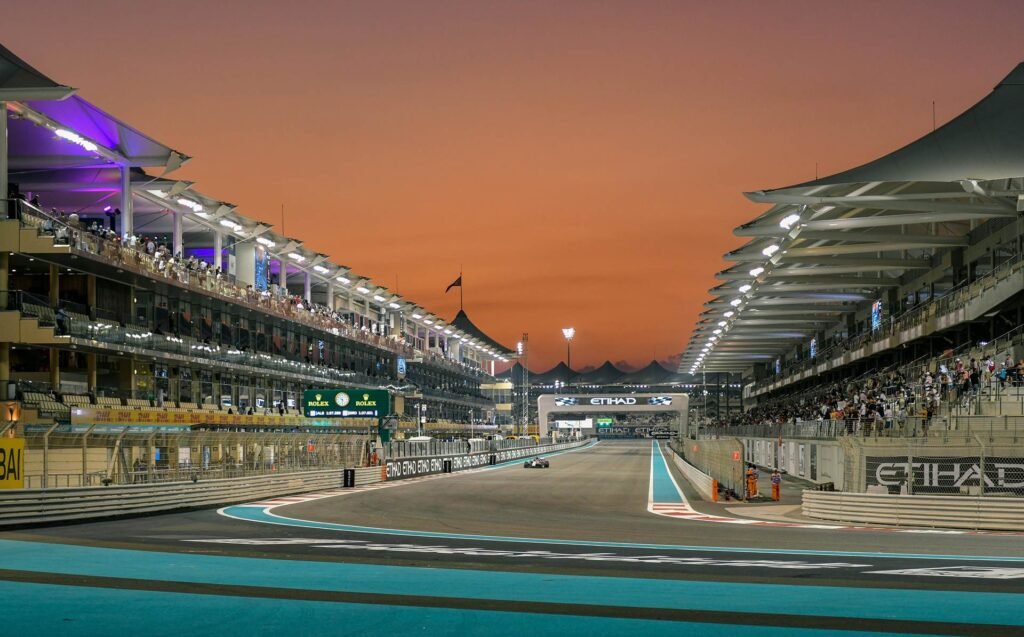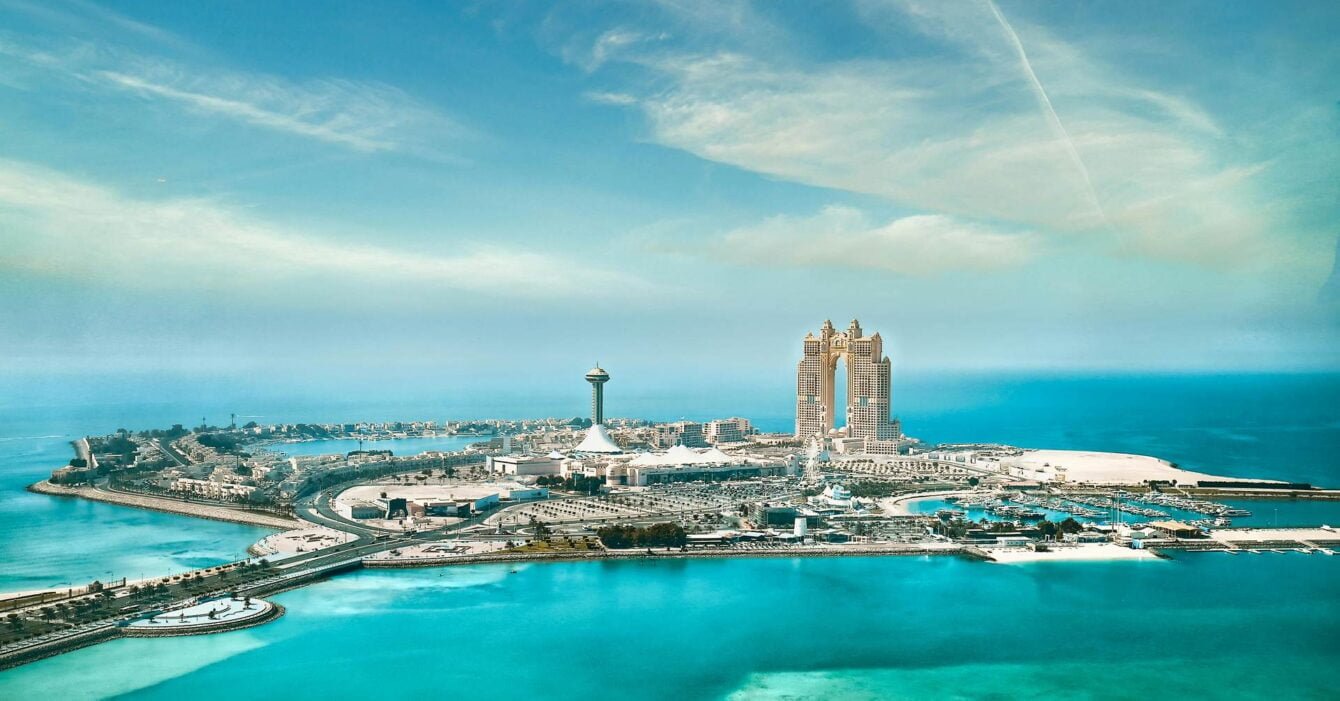Analyzing Key Developments in the Real Estate Market of Abu Dhabi
Abu Dhabi, the capital of the UAE, continues to be a focal point for real estate investment and development. The city’s strategic vision, coupled with supportive government policies, has fostered a thriving real estate sector. This article delves into the real estate market Abu Dhabi boasts, examining current trends, influential government policies, major projects, and future growth prospects.
Current Real Estate Trends
- Residential Market: The residential real estate market in Abu Dhabi has shown robust growth. In the year leading up to Q1 2024, average apartment prices rose by 4.3%, while villa prices saw a 2.3% increase. This trend is indicative of the city’s growing appeal, driven by high-quality infrastructure, safety, and a vibrant community life.
- Commercial Market: The commercial real estate market is equally dynamic, with increased occupier activity in office spaces. Occupancy levels have risen, leading to growth in rental rates. Prime, Grade A, and Grade B office rents registered average growth rates of 6.6%, 3.4%, and 9.7%, respectively, over the year to Q1 2024. This trend reflects a thriving business environment, supported by strategic investments and a favorable regulatory landscape.
- Retail and Industrial Sectors: The retail market has experienced a significant increase in rental rates, with average rents growing by 14.7% in the year to Q1 2024. The industrial and logistics markets have also seen notable improvements, with average rents increasing by 5.1% year-on-year. These trends underscore Abu Dhabi’s strategic positioning as a commercial and logistics hub.
Government Policies Impacting Development
The UAE government has implemented several policies that have positively impacted the real estate market Abu Dhabi showcases. The Central Bank of the UAE (CBUAE) has played a crucial role in maintaining economic and financial stability. This stability and growth in the banking sector provide a solid foundation for the real estate market to flourish. Developers can access the necessary funding to launch new projects, and potential homeowners find it easier to secure mortgages.
During the past year, the CBUAE maintained a stable and efficient banking system, which has underpinned growth in the real estate market. The banking sector saw record levels of growth in assets, credit, deposits, and investments. For instance, total assets of banks operating in the UAE increased by 11.1% year-on-year to reach AED 4.075 trillion by the end of Q4 2023.
Major Projects Shaping the Future
Several major projects are currently shaping the Abu Dhabi’s real estate market. These projects reflect the city’s commitment to becoming a global hub for business and tourism.
Al Maryah Island
Al Maryah Island is a prime example of a major development project in Abu Dhabi. This mixed-use development includes luxury residences, high-end retail spaces, and commercial office buildings. It is set to become a financial free zone, further enhancing Abu Dhabi’s appeal to international businesses and investors.
Saadiyat Island

Saadiyat Island continues to be a major cultural and residential development, hosting prestigious institutions like the Louvre Abu Dhabi and New York University Abu Dhabi. The island offers a mix of high-end residential properties and cultural attractions, making it a key driver of real estate market development in Abu Dhabi.
Yas Island

Yas Island is another significant project, known for its entertainment and leisure offerings. It features residential properties, hotels, and world-renowned attractions like Ferrari World and Yas Waterworld. The island is a vital component of Abu Dhabi’s tourism strategy and real estate market growth.
Future Growth Prospects
The future growth prospects for the real estate market Abu Dhabi are promising. The city’s strategic initiatives, coupled with its robust economic fundamentals, position it for continued growth. The UAE’s GDP is projected to grow by 3.9% in 2024, ensuring a stable economic environment conducive to real estate development.
- Sustainability and Smart City Initiatives: Future growth in Abu Dhabi’s real estate market will also be driven by sustainability and smart city initiatives. The government is committed to creating sustainable urban environments, with a focus on energy efficiency, green building practices, and smart infrastructure.
- Increased Foreign Investment: The relaxation of foreign ownership laws and the introduction of long-term visas are expected to attract more international investors to Abu Dhabi. This influx of foreign investment will further stimulate the real estate market and contribute to its long-term growth.
Conclusion
Abu Dhabi’s real estate market is on a strong growth trajectory, driven by current trends, supportive government policies, major development projects, and promising future prospects. The real estate market Abu Dhabi continues to offer lucrative opportunities for investors, developers, and businesses, making it a key destination for real estate investment in the region.

